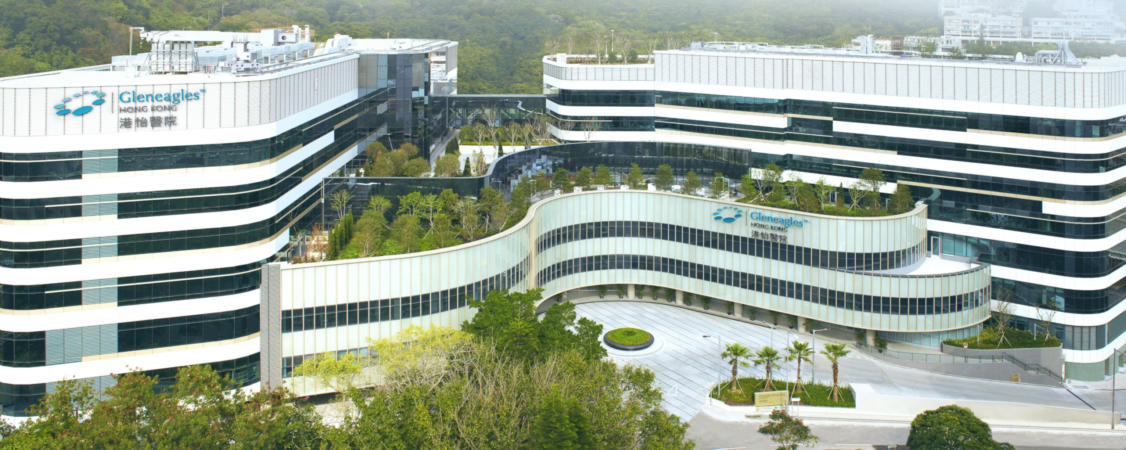Slipped Disc
What is Slipped Disc?
A slipped disc is a condition when the gel covering of a disc in the spine tears (herniates) is shifted, causing the gel to press on the nerve root. This condition is also known as a “herniated”, “ruptured” or “prolapsed” disc.
Causes of a slipped disc include:
- Degeneration of disc elasticity
- Excessive strain from physical activities
- Injury from incorrect lifting (lifting with the back instead of the knees)
Symptoms can be felt in the neck, back and limbs, which include:
- Pain in the back, buttock or leg (sciatica)
- Back stiffness
- Tingling or numbness in the back, buttock or leg
- Difficulty controlling bowel movements and urination
- Numbness in the genitals and anus
Treatments of a slipped disc may include:
- Non-steroidal anti-inflammatory drugs (NSAID) and muscle relaxants
- Back physiotherapy including hot and cold packs and stretching exercise
- Rehabilitation programmes to maintain function and minimise the risk of recurrence
Surgery such as discectomy is a procedure to remove a portion of the herniated disc in order to alleviate pressure on the nerve. Surgery is considered if other means of treatment fail to relieve sciatica.






